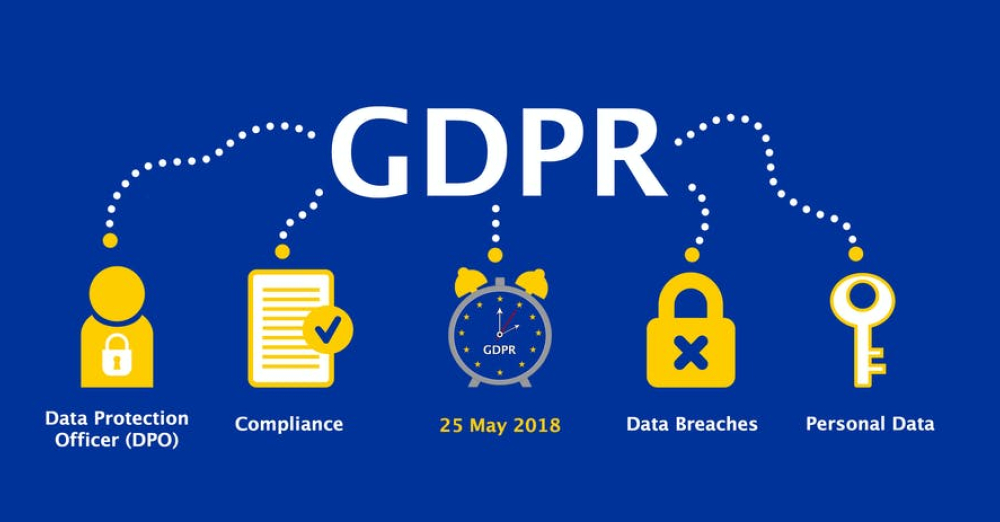How GDPR is helping people keep their data safe

Over the last couple of years GDPR (short for General Data Protection Regulation) is something that almost all of us will have encountered somewhere. Less certain, however, is whether or not people actually know what GDPR is, or how it contributes to our online safety, and control of our personal data.
At Winzum we’ve had to do our fair share of research into GDPR, because without GDPR compliance there’s no way we would be operating within our core pledges, something you can read more about here [Winzum primary brand objectives].
GDPR is a key defence against nasty companies trying to steal your personal data, and it therefore does wonders for online safety. Let’s take a deeper look at how GDPR is helping people keep their personal data safe.
Wait, what even is GDPR?
GDPR is definitely one of those things that you hear about more than you actually learn about, so we’re not surprised a great deal of you lot might not know exactly what GDPR really is. We’re all about helping at Winzum, so here’s an article explaining the basics [what is GDPR].
In essence, GDPR is a piece of legal framework that keeps our personal data safe as consumers on the Internet (as long as we are EU citizens of course). What this means is that we must give our consent to have our personal data recorded, for example, and any company asked to delete an individual’s personal data also now must do so.
When did GDPR come into force?
The seeds for GDPR began to be sown back in 2016, after the EU realised that current online legal legislation was last revamped in 1995.
It wasn’t until 2018 that GDPR came into force across Europe, however, giving businesses time to adapt their approach in order to comply. Nowadays GDPR is standard across Europe, helping to keep online safety maximised, and personal data safe.
GDPR’s major effect on online safety
One of the biggest positives to GDPR is the fact that websites can no longer track your online activity without your consent, which is a pretty big deal for keeping your sensitive personal data safe.
GDPR has also pushed companies into making sure their own systems are more secure, which means that computer hackers and cyber criminals will have a much harder time trying to gain access to anybody’s sensitive personal data.
How GDPR favours your average Joe
In many ways GDPR is a wonderfully democratising piece of online legislation, simply because it hands a bit more power back in the hands of us as consumers.
You see, before the arrival of GDPR in 2018, companies could pretty much do what they wanted with your personal data online, something that resulted in things like heavily annoying targeted adverts, or even the subversion of democracy through things like Facebook before elections.